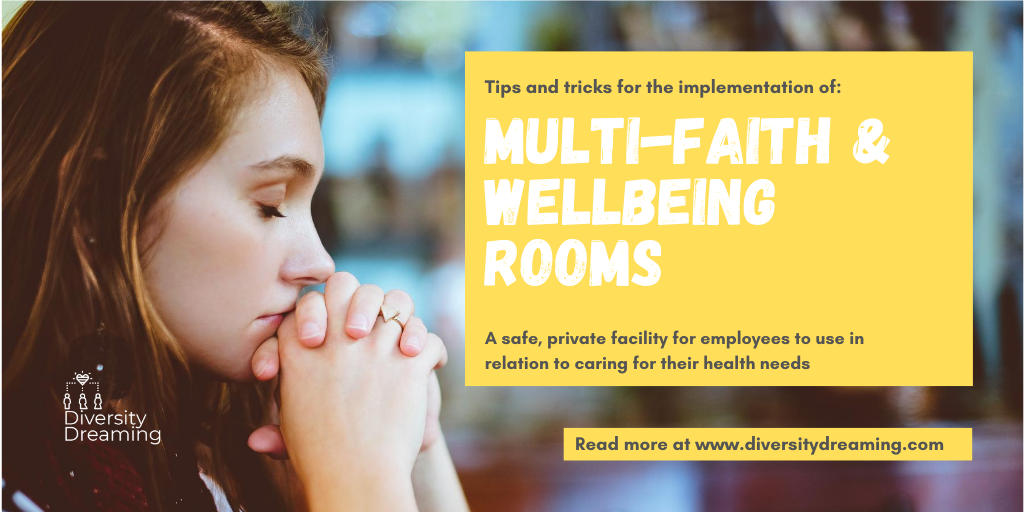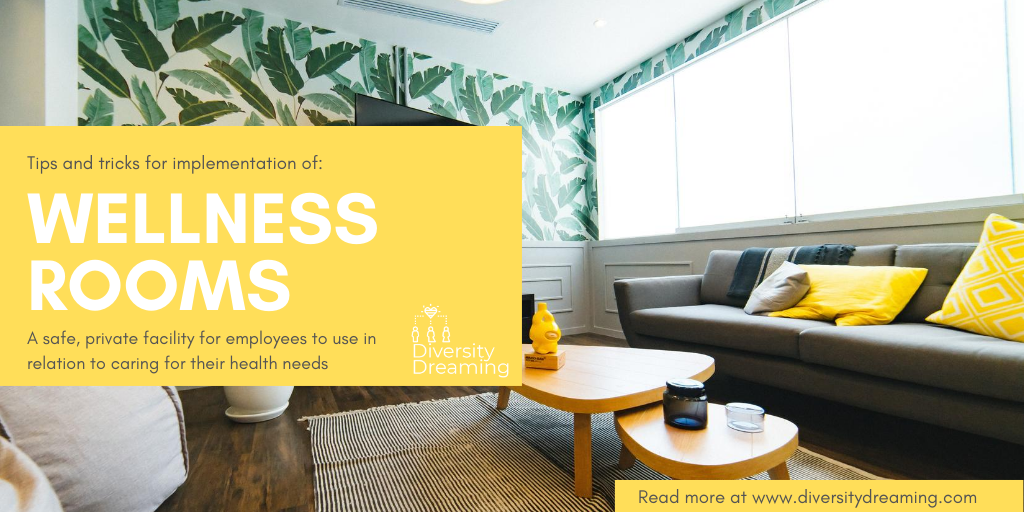Diversity and Inclusion needs to be a key part of your real estate planning
The future of work has changed significantly following the increase in hybrid working after the COVID-19 lockdown procedures. Business leaders are now questioning the need for large, inner city office hubs now as many firms have proved they can successfully operate remotely for extended periods. Client engagement is progressing to frequent, bite sized video calls, rather than multi-hour, quarterly board meetings. And core business hours are no longer fixed to the standard 9-5 as employees build their work around their families, their exercise habits and the sharing of Wi-Fi bandwidth across housemates.
It is clear that flexibility and adaptability will be the key words of future businesses. Quality and flexibility of communication will become more valuable, and the opportunity to reduce the burden of expensive inner city leases will result in changes to business real estate.
This presents an opportunity to integrate inclusive and accessible business practices into the very walls and foundations of the real estate that businesses use.
Few firms would agree that their current offices are fully wheelchair accessible or adaptable for visual, hearing or processing related disabilities. Furthermore facilities for mental well-being or new parents often fall short.
These are key changes that will improve the inclusivity of an organisation and generate mutual benefits for both employees and employers:
1. Implement well-being facilities in every office
These should include a Multi-Faith and Well-being room to provide employees with a small space to meditate, pray or shake off any anxiety or stress building during the day. This room can also provide employees with invisible disabilities or mental health concerns a place to rest and recover, and benefiting employers with reduced absence.
Wellness rooms are also essential to support those that have recently had children. This can be a safe place to express and store milk. They also provide a safe, clean place for anyone that may need to take regular medication or equivalent actions.
Tips on how to set up a multi faith and well-being room or a wellness room .
Gender neutral toilets provide employees with safe, judgement free facilities regardless of their gender identity or expression. Including these within your real estate planning demonstrates a positive commitment to the Trans and non-binary communities.
2. Provide accessible forms of video communication
Working remotely provides different challenges for various communities in the workforce. Video calls may be valuable for the majority during lockdown but they can present problems for those with visual/hearing/processing-related disabilities or employees where the language spoken is not their first language.
Glitches, delays and multiple people talking at the same can generate confusion and prevent employees from lip reading. Background noise or interruptions can also present boundaries to hearing the conversation fully. This could put employees at a disadvantage if key messages are being missed.
Video call guidelines could be useful to provide best practices to employees. These could include:
using mute for those not speaking to reduce background noise
being clear about who needs to be on the call and if it even needs to be a call at all
providing a clear agenda, confirming meeting objectives and circulating notes ahead of the call
investigating the use of speech-to-text dictation software to provide subtitles if possible
3. Engage those potentially affected by real estate decisions
Whether this includes a focus group of employees that may benefit from more accessible facilities or bringing in an expert to design a more inclusive layout to the building, it is important to think outside of your own experiences.
Whilst access to the office may be step free, are there any heavy fire doors that could make entry difficult for employees with a physical ability?
Is your business able to adapt to employees that may be neuro-diverse and have different requirements such as a lower sensory environment or less physical contact?
Do you expect your employees to maintain a level of stress with no support to manage this?




